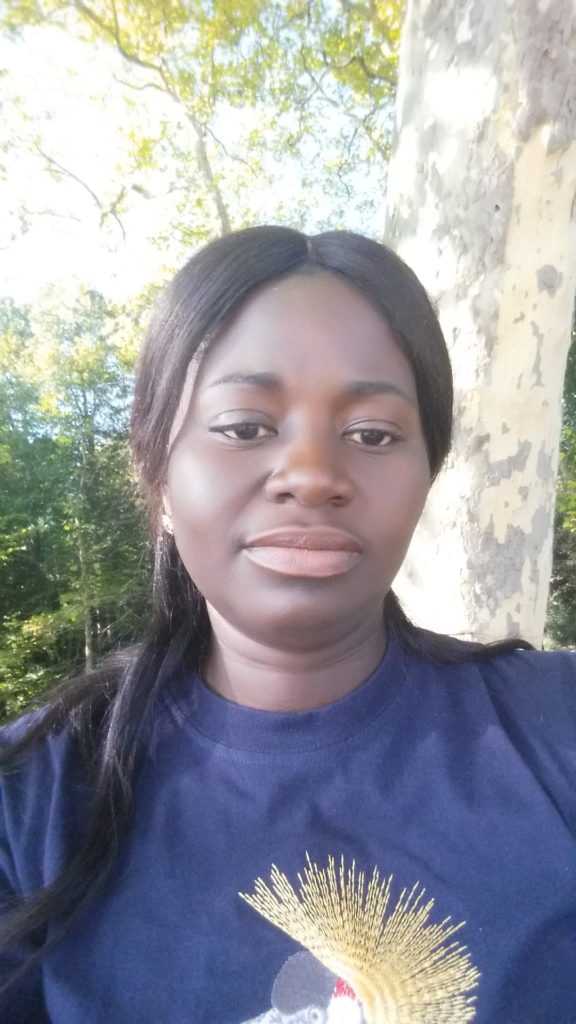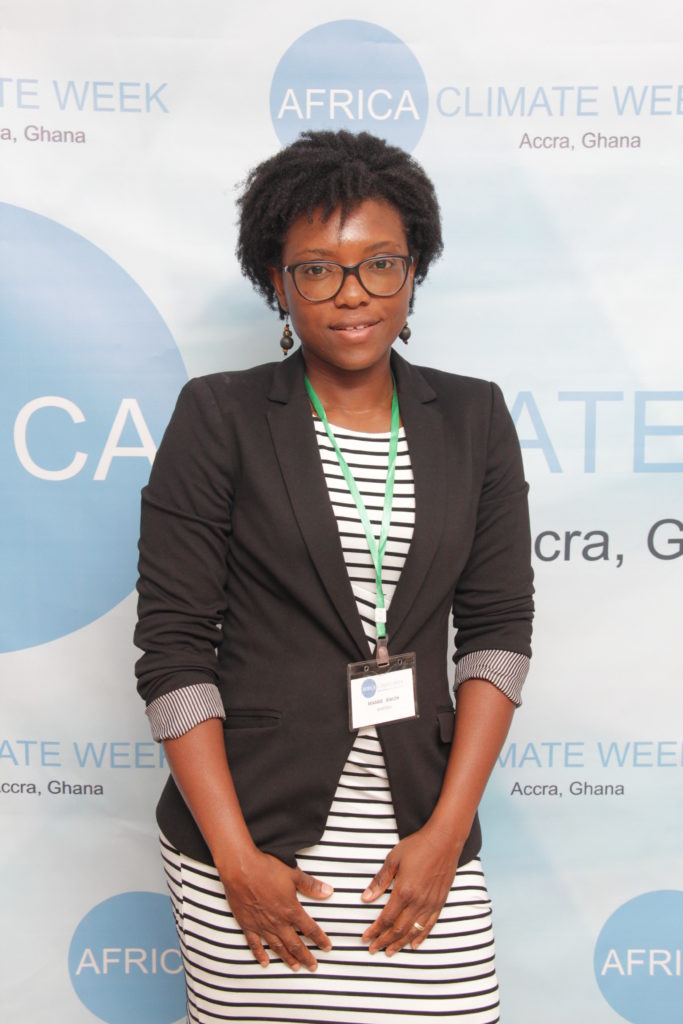EXECUTIVE SUMMARY
Full report by ANTHEI:
Factors influencing participation in science education by girls in Tanzanian secondary schools
The problem
Statistics show that the number of female students in ordinary level secondary schools is almost equal to that of males (BEST-2016). However, the performance of girls at the national O-level examinations (Certificate of Secondary Education Examinations) is generally lower than that of boys. Therefore the number of girls joining advanced level secondary education is less than that of boys and much fewer join science subjects. Again the performance of girls at the national A-level examinations (Certificate of Secondary Education Examinations) is generally lower than that of boys and hence a narrow capture area for girls in science and engineering studies at higher education institutions.
Study area
The study covered 63 schools in 19 regions of both Tanzania mainland and Zanzibar.
Objectives
• To identify possible inequalities in the education sector that affect particularly girls intending to pursue science subjects.
• To create awareness on the bottlenecks that limits the chances of the girls in science
• To identify possible social factors that hinder the development of girls in secondary and higher education in general and in science subjects in particular
• To seek views on possible solutions/measures that could help redress the situation
Methodology
Survey tools were prepared for both teachers and students. The tools were validated on a pilot test conducted in Dar es Salaam. The target schools were identified and 30 student teachers were engaged to collect data from the schools. Each student teacher collected data from two different schools. The data were processed and analysis was done using Statistical package for Social Sciences (SPSS).
Results
The performance of girls at O-level in science subjects such as chemistry, biology and physics is actually better than in some of the arts subjects such as history and civics. However, the performance in mathematics is probably the worst of all.
The study shows that there are a lot of factors that create difficult environment for girls to pursue their studies effectively. Some of the factors are related to the school environment while some are home based.
The school based factors that impact negatively include: lack of library facilities, lack of ICT facilities, inadequate number of teachers, lack of hostels, and lack of water and electricity.
The home based factors include: numerous household chores, long distance between school and home coupled with poor transport, limited moral and material support from families.
Teachers have shown that funding for education needs is a serious matter affecting teaching and learning.
The decision to choose science subjects is influenced by a number of factors other than academic performance. Social factors seem to have the upper hand in the decision. Many girls are influenced by the general stereotyping, parents, relatives, and even teachers. Economic prospects also seem to influence the decision. The prospects are sometime out of perceptions of the community in general.
The home based factors include: numerous household chores, long distance between school and home coupled with poor transport, limited moral and material support from families.
Teachers have shown that funding for education needs is a serious matter affecting teaching and learning.
The decision to choose science subjects is influenced by a number of factors other than academic performance. Social factors seem to have the upper hand in the decision. Many girls are influenced by the general stereotyping, parents, relatives, and even teachers. Economic prospects also seem to influence the decision. The prospects are sometime out of perceptions of the community in general. The decision to choose science subjects is influenced by a number of factors other than academic performance. Social factors seem to have the upper hand in the decision. Many girls are influenced by the general stereotyping, parents, relatives, and even teachers. Economic prospects also seem to influence the decision. The prospects are sometime out of perceptions of the community in general.
Conclusion
Social economic factors are probably more significant in affecting the choice by girls to study science subjects and take a carrier in science, engineering and technology. There are cultural pressures for girls to continue with the status quo and play the role the society has known them to play for ages. The general learning environment also contributes to the eventual career path that the girls find themselves in.
Recommendation
A lot needs to be done to change the traditions, attitudes, perceptions and expectations. The learning environment must be improved to be favourable to the girls to pursue science subjects. And carrier advice needs to be done very early in the secondary school.


